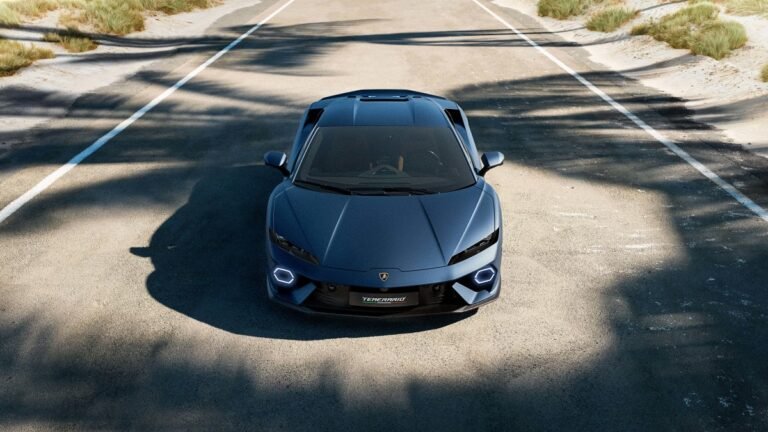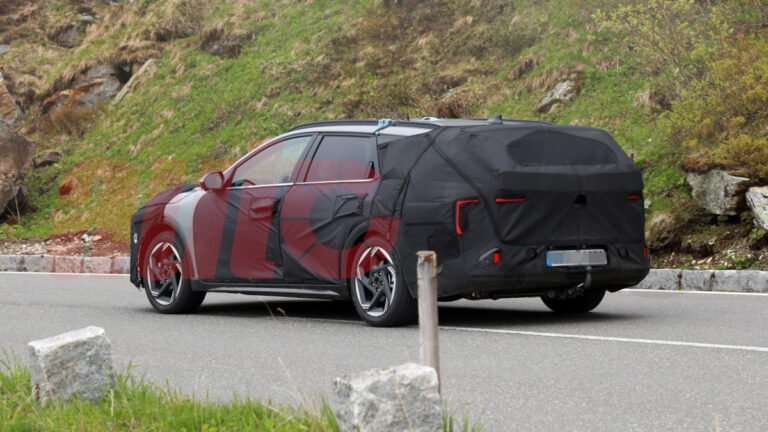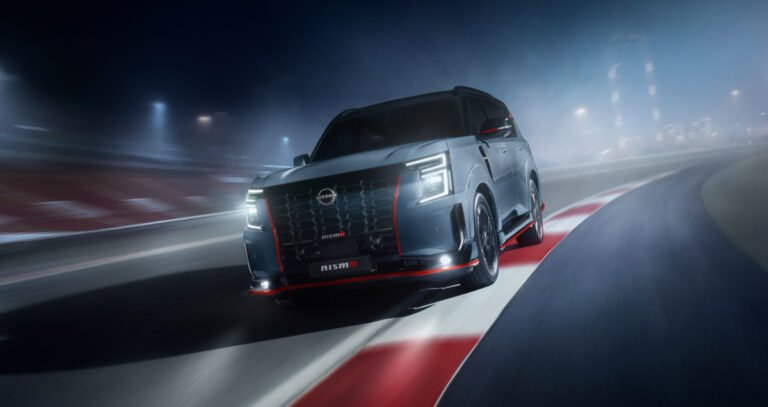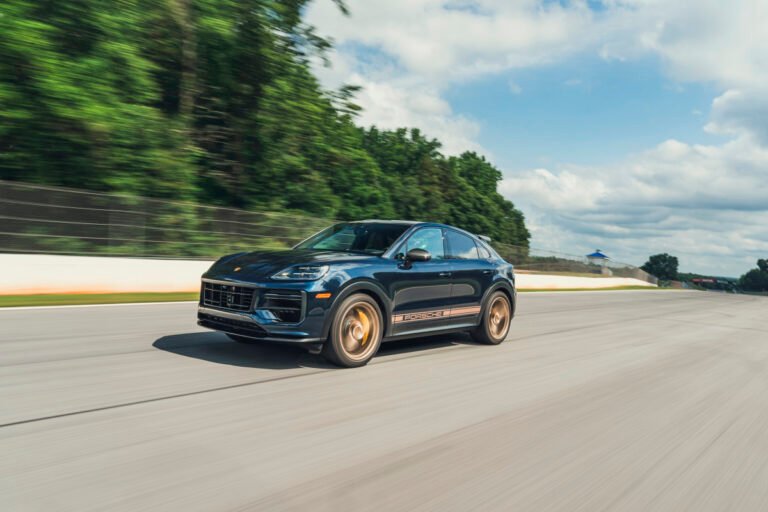

- Solid-state batteries could offer an EV driving range beyond 600 miles with smaller, lighter cells.
- Nissan and Toyota want to commercialize solid-state batteries in the next two years.
- Challenges remain, including timeline delays and technological hurdles for mass production.
Solid-state batteries have been the big promise in the EV world for years now. Enthusiasts and experts alike have predicted they would render current battery chemistries like LFP and NMC practically obsolete by this point. So far, though, we’re still waiting for that promised breakthrough.
Still, the world’s largest carmakers aren’t ready to give up on them just yet. Companies like BMW, Mercedes-Benz, and Stellantis continue to pour resources into solid-state tech, lured by the possibility of EVs that could travel over 1,000 km (621 miles) on a single charge.
BMW recently started testing a specially-equipped i7 prototype in Munich with large-format solid-state cells from US company Solid Power. These cells use sulfide-based electrolytes and will be used in future Neue Klasse models from the automaker. But it won’t be until the 2030s that mass production of these cars begins.
Read: Mercedes EQS Solid State Prototype Hits The Street With 621 Miles Of Range
Cross-town rival Mercedes-Benz is also working on solid-state EVs of its own. It started real-world testing of a retrofitted EQS in February, using a battery from Factorial Energy, a company Mercedes has been working with for several years.
According to Auto News, this new battery will have 25% higher energy than current packs. It’ll also be lighter and more compact. This will also impact the designs of future Mercedes models with solid-state packs, according to the company’s head of battery development, Uwe Keller.

“[These benefits] not only lead to longer vehicle ranges but also affect the vehicle design, for example the architecture,” he revealed. “Solid state cells are also less prone to overheating.”
Stellantis is also making moves to bring solid-state batteries to the market. Like Mercedes, it’s working with Factorial Energy on the project and will start tests in 2026. According to the senior vice president of tech research at Stellantis, Anne Laliron, “Solid state is the North Star in battery chemistry,” allowing car brands to choose between “more range or fewer materials – both reduce cost and carbon footprint.”
While it’s unclear when Stellantis will bring the tech to the road, both Toyota and Nissan believe they can commercialize solid-state batteries in the very near future. Toyota is targeting production in 2027, while Nissan says it can launch a solid-state battery by 2028. However, given the turmoil Nissan currently finds itself in, we wouldn’t be shocked to see that date get pushed back.




